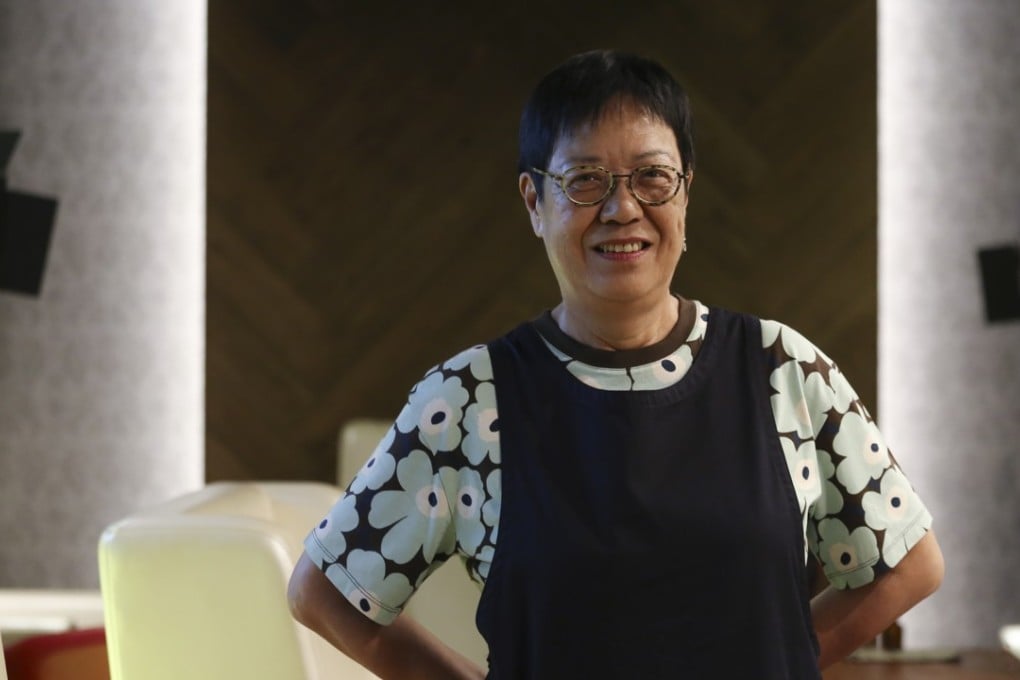Ann Hui digs up Hong Kong’s wartime past for Our Time Will Come – and finds controversy wherever she looks
The award-winning Hong Kong director talks about the furore surrounding her film about resistance against Japanese invaders during the second world war, and the need for more education about the history of the city

With the imminent release of her new film Our Time Will Come, the celebrated Hong Kong director Ann Hui On-wah is attracting all the attention she’d prefer to avoid.
Watch: Ann Hui on the spark behind wartime film ‘Our Time Will Come’
It is hard enough to work under the pressure that has mounted since she won both the best picture and best director prizes – among a litany of other accolades – at the Hong Kong Film Awards for her last two films, 2011’s A Simple Life and 2014’s The Golden Era , and essentially set herself up for a historical hat-trick.
A serene and moving tale of resilience and sacrifice set in Japanese-occupied Hong Kong during the second world war, Our Time Will Come has nonetheless become an inadvertent target of inflammatory political commentaries after its Chinese distributors decided to release the film as a “gift” to celebrate the 20th anniversary of the Hong Kong handover.
When we meet at a cinema in late June for this interview, Hui is diplomatic about her film’s awkward marketing angle.
